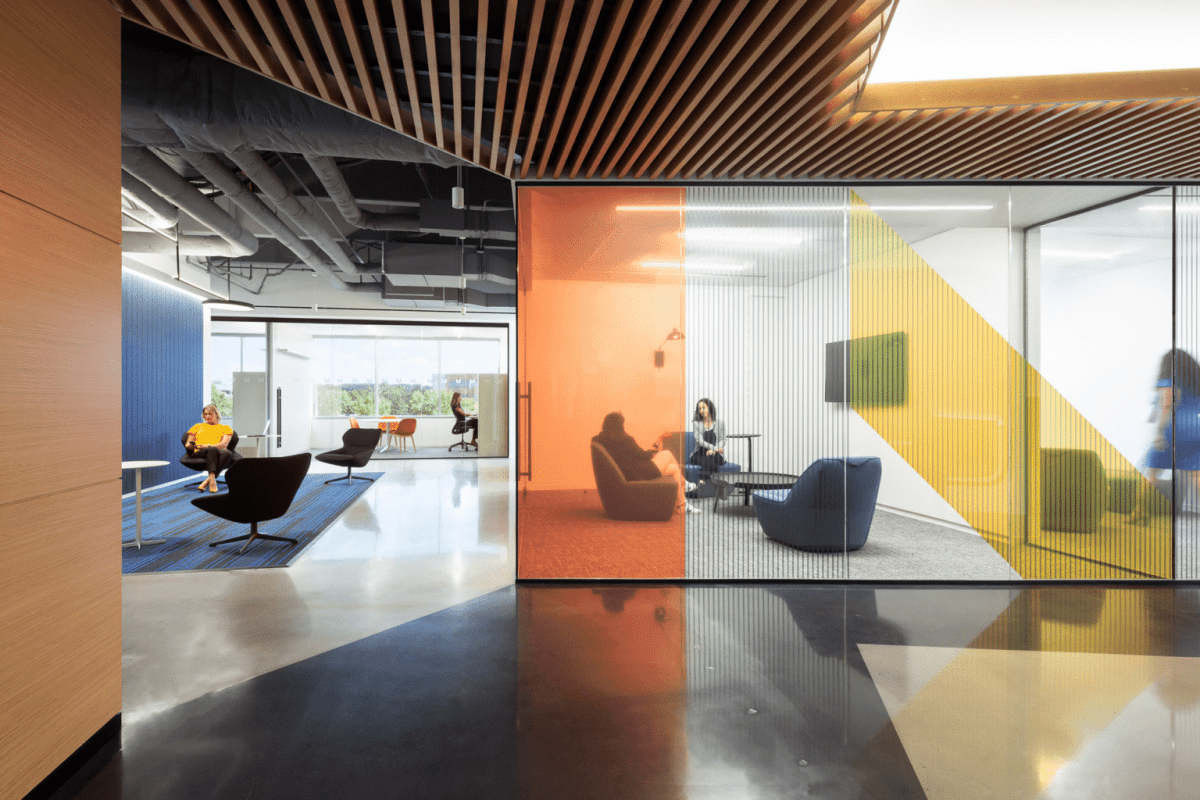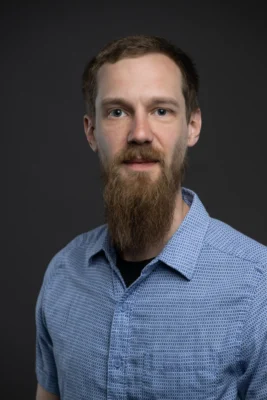by Pat Friedlander
“Sustainability is in our DNA at Moss,” says Jason Popp, CEO of Moss. “Our founder, Bill Moss, was an innovator and environmentalist who invented the pop-up tent. In the 1980s, he brought his tents to a tradeshow, and he, along with others at the show, noticed the potential of using tension fabric on the tradeshow floor. The rest is history.”
Moss continues its legacy as the events industry becomes increasingly aware of climate change and the need to embrace sustainability across all operational facets, including people, processes and products.
People
When Moss moved to its current facility in 2020, the focus was on creating an environmentally friendly company that would provide optimal working conditions and mirror the values many people are passionate about. “We have reduced single-use plastics in the building by providing a Bevi machine,” says Popp, “and we provide lunch options from Farmer’s Fridge, a healthy food supplier.
The Moss culture promotes the company values of transparency and lessening its operation’s impact on the environment. For example, new team members get a branded reusable bottle on their first day, and they soon learn about the town hall meetings and other communications initiatives Popp has created. In addition, Moss has installed 10 electric vehicle charging stations at the Chicago facility, and the company provides a subsidy to any employee who buys an electric vehicle.
Processes
Processes, in this case, covers a multitude of innovation. One of the first changes at Moss was combining three facilities—Chicago, Elk Grove Village, and Las Vegas—under one roof. To say this created efficiencies is an understatement. There is no longer a need for inter-facility transport for projects.
More than 200 people work in a 185,000 square-foot temperature-controlled environment with sensor-controlled LED lights. Moss purchases renewable energy in the US from wind sources and other clean providers. At Moss’s facility in Lennestadt, Germany, a solar photovoltaic array provides some of the electricity, and renewable energy is purchased for the rest.
Net Zero Carbon Events
Moss is a signatory of Net Zero Carbon Events, an initiative created by the Joint Industry Meetings Council (JMIC). The group promotes the realization that the events industry needs to accelerate its actions in response to the threat of climate change, not only to secure the future of the industry, but also to address everything from waste management and energy conservation to local sourcing and hiring practices. The principles of sustainability need to be firmly embedded within industry practices and client expectations.
Net Zero Carbon Events suggests a road map for companies like Moss to use to evaluate their carbon footprint and start reaching carbon net zero. Companies need to:
- Measure their current carbon footprint (include items such as heating and transportation)
- Develop reduction targets (create objectives that are specific, measurable, achievable, relevant and time-bound)
- Reduce carbon emissions (eg, evaluate your fleet, install smart thermostats, reduce paper, packaging, business travel, commuting)
- Offset emissions—often through environmentally friendly investing (Moss invests in a wind farm in South Dakota and planting trees in Germany)
- Communicate the success of program implementation; the industry needs to hear the success stories
Products
“During and after the pandemic, we’ve all been aware of the importance of the supply chain. Making sure our partners and suppliers share our values is important to the credibility we want to establish as being committed to sustainability,” says Popp.
When the event industry first embraced fabric, the selling point was that it was lighter, which cut down the impact of transit. But there is more. “A product is sustainable only if it is produced in a sustainable facility,” says Popp, who cites, among other changes, the company’s sustainable fabrics created from recycled materials. “Our gaskets for our SEG fabrics are PVC-free, and the SEG fabrics are shipped in bags made of 100 percent recycled materials.”
Progress Beats Perfection
Moss has set a goal to achieve carbon neutrality by 2030. The company is strategically focused on ensuring that its business practices and company culture represent core values of environmental, social and corporate governance; sustainable practices; and supplier diversification. However, there is still progress to be made.
“Doing business sustainably means we consider the environment when making supply chain and manufacturing decisions,” Popp adds. “We actively reduce, recycle, reuse and take action to improve the quality of the environment. We know we are not perfect, but we remain committed to leading on issues within our control. Moss is recognized as an innovative force in this industry, and we are eager to apply our creative thinking toward this global issue. More to come.”
































